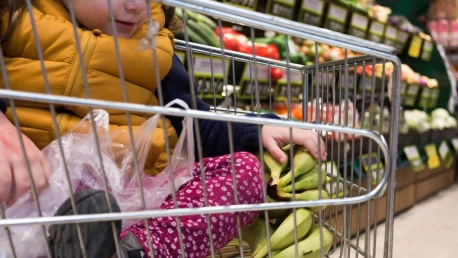Hungary is proactively shaping its food sector according to its 2030 Competitiveness Strategy, with media such as Világgazdaság and Hungary Today highlighting steps to boost sector performance into Europe’s top tiers. Aiming to increase the share of value-added agricultural goods, the government is tapping into growing trends like vegetarianism to spur plant-based product development.Emphasizing the meat industry, the strategy aims to bolster Hungarian retailers with regulatory and financial backing. This includes enhanced supervision to promote market fairness, involving key agencies like the National Tax and Customs Administration, the National Food Chain Safety Office, and the Hungarian Competition Authority. The intent is not just to improve productivity, but to adapt to evolving consumer preferences and cement Hungary’s place within the robust European food market.
A Strategic Approach to Competitiveness
Guided by this strategy, the Hungarian Minister of Agriculture is tasked with crafting new support schemes, contemplated to take effect starting in 2025. These schemes are tailored to incentivize local companies to innovate, diversify, and develop unique products that reduce the dependency on imports. The approach is keenly focused on bolstering domestic capacities and fostering innovation, resonating with the broader objectives outlined in Hungary’s 2030 Industrial Strategy.The Industrial Strategy directs ministers to recommend measures that can slash operational costs and minimize tax burdens for food industry stakeholders to propel a competitive advantage. This suite of strategic policies underscores Hungary’s commitment to nurturing a robust domestic food industry that’s competitive on a global scale. The nation’s vision is clear: to assure the food sector is not only self-sufficient but also poised for both innovation and international expansion.









